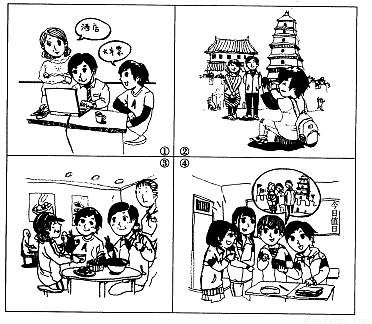题目内容
Directions: Translate the following sentences into English, using the words given in the brackets.
1.我习惯睡前听点轻音乐。(accustomed)
2.将来过怎样的生活取决于你自己。(be up to)
3.没有什么比获准参加太空旅行项目更令人兴奋的了。(than)
4.家长嘱咐孩子别在河边嬉戏,以免遭遇不测。(for fear)
5.虽然现代社会物资丰富,给予消费者更多的选择,但也使不少人变成购物狂。(turn)
1.I’m accustomed to listening to some light music before sleep.
2.It’s up to you what kind of life will lead in the future.
3.There is nothing more exciting than being allowed to take part in the space travel programme.
4.Parents ask their kids not to play by the river for fear that something terrible might happen.
5.While modern society, rich in material resources,has given consumers more choice, it turns many of them into crazy shoppers.
【解析】
试题分析:
1.
2.
3.
4.
5.
考点:考查翻译句子

练习册系列答案
相关题目
 chool. I had to explain to her that she would learn to read but didn't happen quite that fast.
chool. I had to explain to her that she would learn to read but didn't happen quite that fast. our small supplies inside a cigar box from one of the local stores. The stores must have saved cigar boxes just to give to us children .We them from year to year until they fell apart.
our small supplies inside a cigar box from one of the local stores. The stores must have saved cigar boxes just to give to us children .We them from year to year until they fell apart.